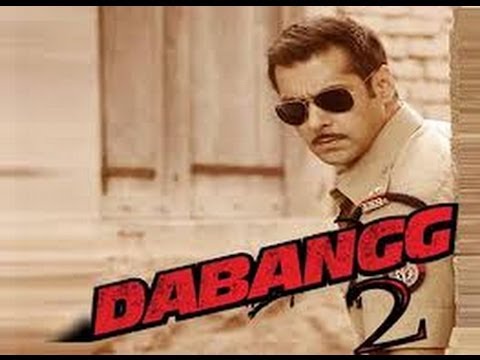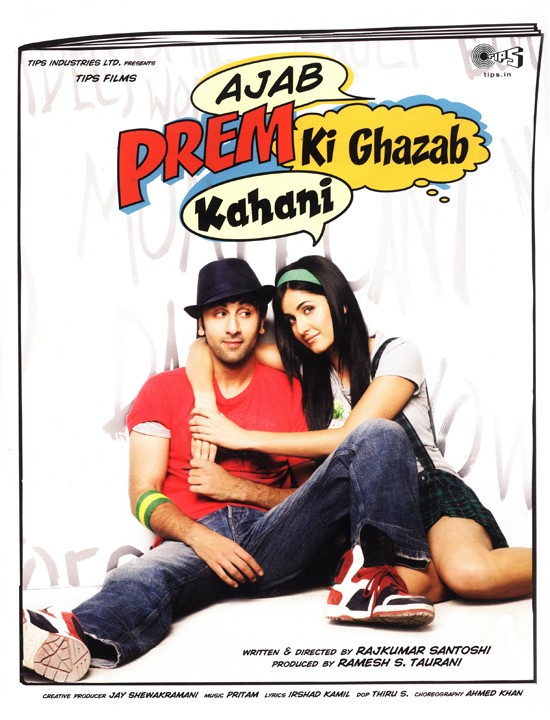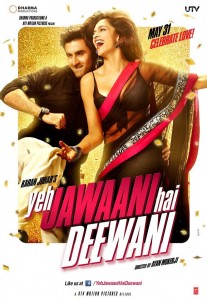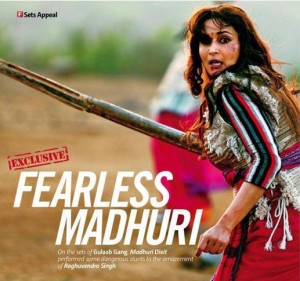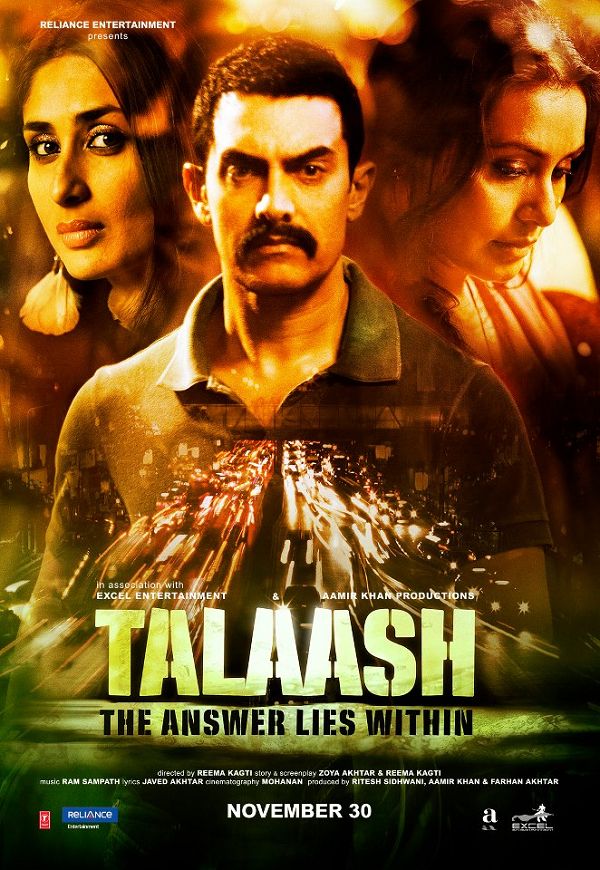 Film: Gangs Of Wasseypur
Film: Gangs Of Wasseypur
Director: Anurag Kashyap
Cast: Manoj Bajpayee, Richa Chadda and Tigmanshu Dhulia
Rating: ***
Gangs Of Wasseypur (GOW) opens with a brilliant sequence. A bunch of hooligans attack a kothi with automatics, bullets spraying across, dust flying, the silence of the night pierced by gunfire. Somewhere a cell phone rings. ‘Nayak nahi Khalnayak hoon main’ is the ringtone. The year is 2004. You are hooked.
From there on, though, GOW seesaws between incredible highs and where-the-hell-is-this-going moments; impressing you with individual scenes, good actors and some outstanding dialogues but leaving you a bit unsatisfied in sum. There is a lot to take back in GOW, to enjoy, but you feel let down by so much else that’s pointless.
GOW is filmmaker Anurag Kashyap’s most ambitious film yet. He takes on the daunting task of narrating a story that spans across generations (1940s-1990s), marshalling a number of actors and juggling various subplots. The lingo, mannerisms of the characters, the art, etc, have all been worked on painstakingly. Kashyap soaks the film with personal flourishes, whether in characterisation or the use of music, specifically in action sequences.
But while the filmmaker further cements a rather individualistic storytelling style, you wonder if story itself takes a backseat. His Dev D was so much pleasure because he took a plot that was already well-known, and turned it on its head, unravelling layers only he could. In GOW, though, I kept waiting for the story to grip me entirely, and for the film to engage me enough to not notice the film’s two hours and forty minutes runtime. That never happened.
The film begins with a voiceover that introduces you to inter-caste rivalry in pre-independence Dhanbad. Shahid Khan, shunned out of his village after he takes on the mighty Qureshis, starts working as Ramadhir Singh’s pehelwan. Singh overhears a conversation where Shahid’s plotting to takeover Singh’s empire and so has him bumped off. Shahid’s son, Sardar, vows to extract revenge. And the bloodbath begins.
My biggest issue with GOW was that it never gave me the exultation of revenge. ‘Usse marunga nahi, keh ke loonga’ is Sardar’s mantra. Kaha bahot, liya nahi is how you feel in the end. Sardar causes Ramadhir and the butchers of Wasseypur more mental trauma than physical pain, and while that would be acceptable, you do feel let down when the two competitors get the better of Sardar eventually. Yes, there’s a part two, where Sardar’s son Faisal will once again avenge his father and grandfather, but the story of Sardar’s generation itself is really nothing more than a mere set-up. And a very long one at that.
Why is the film divided in two parts? Why is the total duration over five hours? Does the story warrant that long a screen time? In Kill Bill, the Bride wiped out half of her competition in Part 1, and in very interesting fashion too. Part 2 saw her finishing what she started in Part 1. Each part stands on its own accord, and comes together seamlessly. With GOW, the time taken to narrate what is really a straightforward story seems forced.
Where GOW scores is the flavour. The dialogues pack a punch, the socio-economic changes over time have been captured deftly, and the actors compete with each other for top honours. Sneha Khanwalkar’s score is pure joy. The use of Jiya O Bihar Ke Lala in the climax is bound to leave you chuffed.
I enjoyed Bajpayee’s Sardar Khan, but wish it came across as slightly less caricaturish. In comparison, Nawazuddin Siddiqui as Faisal is more in-control, making a mark in a comparatively shorter role (he’ll assume centrestage in Part II). Pankaj Tripathi is brilliant as Sultan.
The women make a bigger impact, with Richa Chadda easily standing out as Sardar’s fiery wife. Some of the film’s best scenes are those between Bajpai and Chadda. Huma Qureshi, like Nawazuddin, makes an impression despite having shorter screen time than the others. The pick of the actors for me, though, is Tigmanshu Dhulia. As Ramdhir Singh, the actor balances anger, desperation and vile with perfection. Personally, I related more to Ramdhir than Sardar. His motivation to kill Sardar’s father was stronger; it was the latter who was plotting against him in the first place. Sardar’s retaliation is a lot more frenzied in comparison.
Gangs Of Wasseypur, in sum, is style over substance. If that’s your thing, give it a shot.
Tags: Aniruddha Guha Anurag Kashyap DNAIndia Gangs of Wasseypur Manoj Bajpai Nawazuddin Siddiqui Reema Sen Reviews Tigmanshu Dhulia

